Coconut oil to sunlight is a traditional practice especially in Ayurveda, and it's believed to enhance the medicinal properties of the oil for conditions like psoriasis. Here's how sunlight might contribute to this process:
Photosynthesis of Phytochemicals: Sunlight exposure can stimulate the production of phytochemicals in plant materials like Wrightiatinctoria leaves. These phytochemicals are bioactive compounds responsible for many of the plant's therapeutic properties. When the leaves are immersed in coconut oil and exposed to sunlight, this process may enhance the extraction of these beneficial compounds into the oil.
Ultraviolet (UV) Radiation: Sunlight contains UV radiation, which can have antimicrobial and anti-inflammatory effects on the skin. UV radiation is known to modulate the immune system and reduce inflammation, which are beneficial for managing psoriasis symptoms. When the oil infused with Wrightiatinctoria is exposed to sunlight, it may absorb some of these UV rays, potentially enhancing its therapeutic effects when applied topically to the skin affected by psoriasis.
Heat: Sunlight provides heat energy, which can increase the temperature of the oil infusion. Higher temperatures can enhance the extraction of bioactive compounds from the plant material into the oil, thereby increasing the potency of the infused oil for treating psoriasis.
Traditional Knowledge and Ritual: In some cultures, exposure to sunlight is believed to have purifying or energizing effects. Incorporating sunlight exposure into the preparation of herbal remedies like Wrightiatinctoria-infused coconut oil may be rooted in traditional beliefs and practices, which contribute to the perceived efficacy of the treatment.
Tea Tree Oil: Known for its antiseptic and anti-inflammatory properties, tea tree oil can help soothe irritated skin and reduce redness and itching associated with psoriasis.
Peppermint Oil: Peppermint oil has a cooling effect on the skin, providing relief from itching and discomfort caused by psoriasis flare-ups. It also possesses anti-inflammatory properties.
Ginger Oil: Ginger oil contains anti-inflammatory compounds that can help reduce inflammation and promote healing in psoriasis-affected areas.
Lavender Oil: Lavender oil is known for its calming and soothing properties. It can help alleviate stress and anxiety, which are common triggers for psoriasis flare-ups. Additionally, it has anti-inflammatory effects that can benefit irritated skin.
Neem Oil: Neem oil has been used for centuries in traditional medicine for its antibacterial, antifungal, and anti-inflammatory properties. It can help relieve itching, redness, and scaling associated with psoriasis.
Cedarwood Oil: Cedarwood oil has anti-inflammatory and antimicrobial properties that can help reduce inflammation and prevent bacterial infections in psoriasis-affected skin.
Lemon Oil: Lemon oil contains antioxidants and vitamin C, which can promote skin health and regeneration. It also has astringent properties that may help reduce excess oiliness and scaling in psoriasis.
Aloe Vera: Aloe vera is well-known for its moisturizing and soothing effects on the skin. It can help hydrate dry, flaky skin and reduce inflammation and itching associated with psoriasis.
Curry Leaves Oil: Curry leaves contain compounds that have anti-inflammatory and antioxidant properties, which can help reduce inflammation and promote healing in psoriasis-affected skin.
Bhimseni Oil: Bhimseni oil, derived from a type of pine tree, is believed to have antimicrobial and anti-inflammatory properties. It can help alleviate itching and irritation in psoriasis-affected areas.
-
Cleanse the Skin: Start by gently cleansing the affected area with a mild, fragrance-free cleanser and lukewarm water. Pat the skin dry with a soft towel, taking care not to rub or irritate the psoriasis patches.
-
Apply a Small Amount: Dispense a small amount of Psoriasis Oil onto your fingertips or directly onto the affected areas of the skin. Start with a conservative amount, as a little goes a long way.
-
Massage into the Skin: Using gentle, circular motions, massage the Psoriasis Oil into the skin until it is fully absorbed. Focus on covering the entire affected area with a thin, even layer of oil.
-
Allow Absorption: Allow the Psoriasis Oil to fully absorb into the skin before dressing or applying any other topical treatments. This typically takes a few minutes.
-
Repeat as Needed: Depending on the severity of your psoriasis symptoms and your personal preference, you can apply Psoriasis Oil 1-3 times daily or as needed for relief. Consistency is key to seeing optimal results over time.
-
Monitor Skin's Response: Pay attention to how your skin responds to the Psoriasis Oil. If you experience any irritation or adverse reactions, discontinue use and consult with a dermatologist.
Here are some common uses and potential effectiveness of psoriasis oil:-
-
Moisturizing: Psoriasis oil often contains hydrating ingredients like natural oils (such as coconut oil, jojoba oil, or avocado oil) that help moisturize the skin. Proper hydration is crucial for individuals with psoriasis, as dry skin can worsen symptoms and increase itchiness.
-
Reducing Itchiness: Many psoriasis oils contain ingredients with soothing and anti-inflammatory properties, such as chamomile, lavender, or calendula. These ingredients can help alleviate itching and irritation associated with psoriasis flare-ups, providing relief and promoting comfort.
-
Softening Psoriasis Plaques: The oils in psoriasis oil can help soften and loosen psoriasis plaques, making them easier to remove gently. This can help improve the appearance of affected skin and may reduce the risk of skin cracking or bleeding, which can occur when plaques become thick and hardened.
-
Promoting Healing: Some ingredients in psoriasis oil, such as vitamin E or rosehip oil, are believed to have skin-healing properties. These ingredients may support the skin's natural regeneration process, helping to repair damaged skin and reduce inflammation.
-
Preventing Flare-Ups: Regular use of psoriasis oil as part of a skincare routine may help prevent psoriasis flare-ups by keeping the skin moisturized, nourished, and less prone to irritation. By maintaining healthy skin, individuals with psoriasis can potentially reduce the frequency and severity of flare-ups over time.
-
Enhancing Absorption of Medications: Psoriasis oil can be used in conjunction with prescribed topical medications or treatments for psoriasis. Applying oil before or after medication may help enhance the absorption of active ingredients into the skin, potentially increasing the effectiveness of treatment.
-
Skin Irritation: Some individuals may experience skin irritation or allergic reactions to certain ingredients in psoriasis oil. This can manifest as redness, itching, burning, or stinging upon application. If you notice any adverse reactions, discontinue use immediately and consult with a dermatologist.
-
Acne Breakouts: Psoriasis oils containing comedogenic ingredients or heavy oils may exacerbate acne or cause breakouts, especially if applied to areas of the body prone to acne, such as the face or chest. Opt for non-comedogenic oils or formulations labeled as suitable for acne-prone skin if you're prone to breakouts.
-
Greasy Residue: Some psoriasis oils may leave a greasy or oily residue on the skin, particularly if applied in excess or if the formulation contains heavy oils. This residue can feel uncomfortable and may transfer onto clothing or bedding. Use psoriasis oil sparingly and allow it to absorb fully into the skin before dressing.
-
Staining: Certain natural oils used in psoriasis oil formulations, such as coconut oil or olive oil, may have a slight tint that can potentially stain clothing, linens, or surfaces. To prevent staining, allow the oil to absorb completely into the skin before coming into contact with fabrics or surfaces.
-
Exacerbation of Existing Conditions: In some cases, psoriasis oil may exacerbate existing skin conditions or trigger allergic reactions in individuals with sensitive skin. If you have a history of skin sensitivity or other dermatological conditions, perform a patch test before using psoriasis oil and consult with a healthcare professional if you have concerns.
Here are some key considerations:-
-
Patch Test: Before using psoriasis oil on larger areas of your body, perform a patch test on a small, inconspicuous area of skin. Apply a small amount of oil and monitor the area for 24 to 48 hours for any signs of irritation or allergic reaction, such as redness, itching, swelling, or rash. If you experience any adverse reactions, discontinue use immediately and consult with a dermatologist.
-
Avoid Contact with Eyes and Mucous Membranes: Psoriasis oil should not come into contact with your eyes or mucous membranes, as it may cause irritation or discomfort. If accidental contact occurs, rinse thoroughly with water. Keep the oil out of reach of children and pets.
-
Use as Directed: Follow the instructions provided with the psoriasis oil regarding application frequency, quantity, and duration of use. Using more oil than recommended or applying it more frequently may increase the risk of adverse reactions or side effects.
-
Consult with a Healthcare Professional: If you have any underlying health conditions, allergies, or concerns about using psoriasis oil, consult with a dermatologist or healthcare professional before incorporating it into your skincare routine. They can provide personalized recommendations and guidance based on your individual needs and medical history.

22354205.jpg) Wellness
Wellness EYES
EYES Wellness
Wellness ACR
ACR BEST PRODUCT
BEST PRODUCT Hair Oil
Hair Oil Immunity
Immunity Health Related Issues
Health Related Issues abc
abc Hair Fall
Hair Fall Sensuality
Sensuality Hair oil
Hair oil Hair Growth
Hair Growth NFC
NFC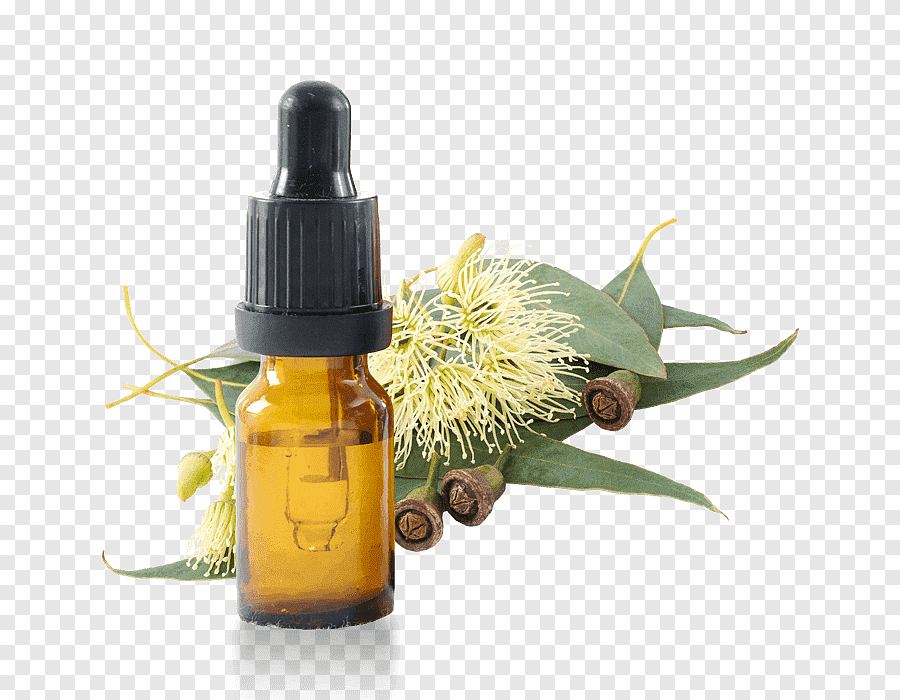 Health Related Issues
Health Related Issues





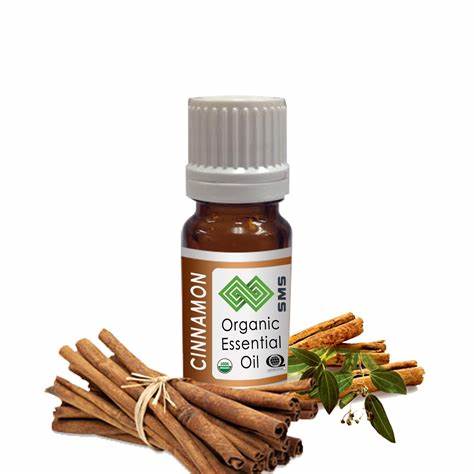
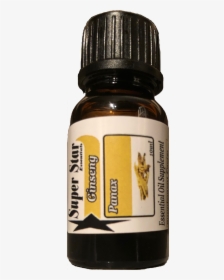


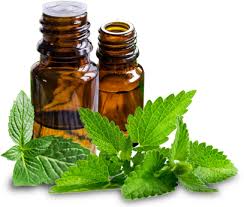





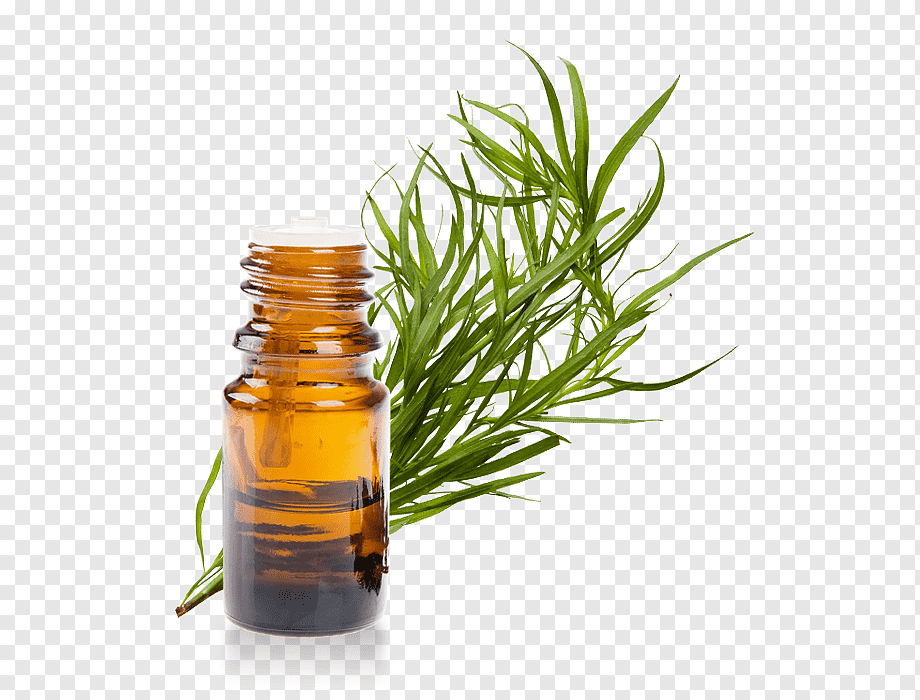




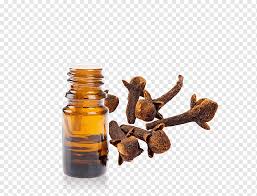



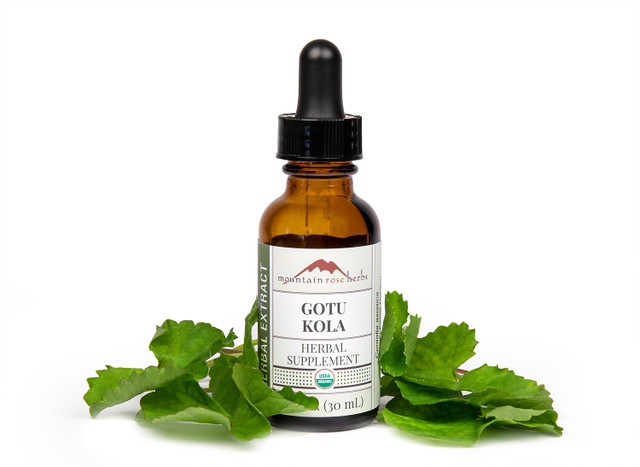
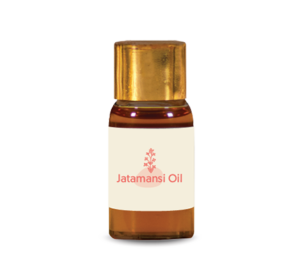




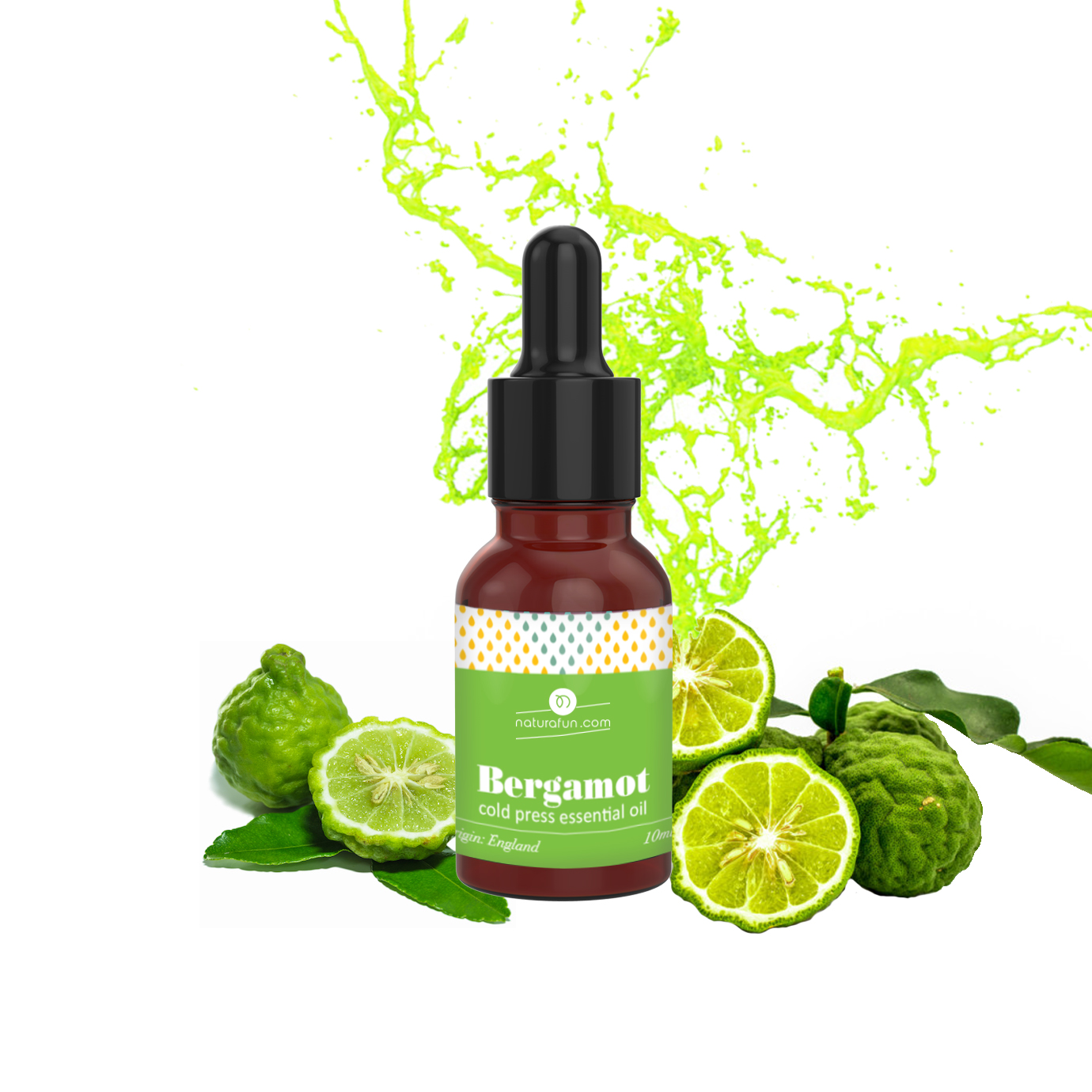

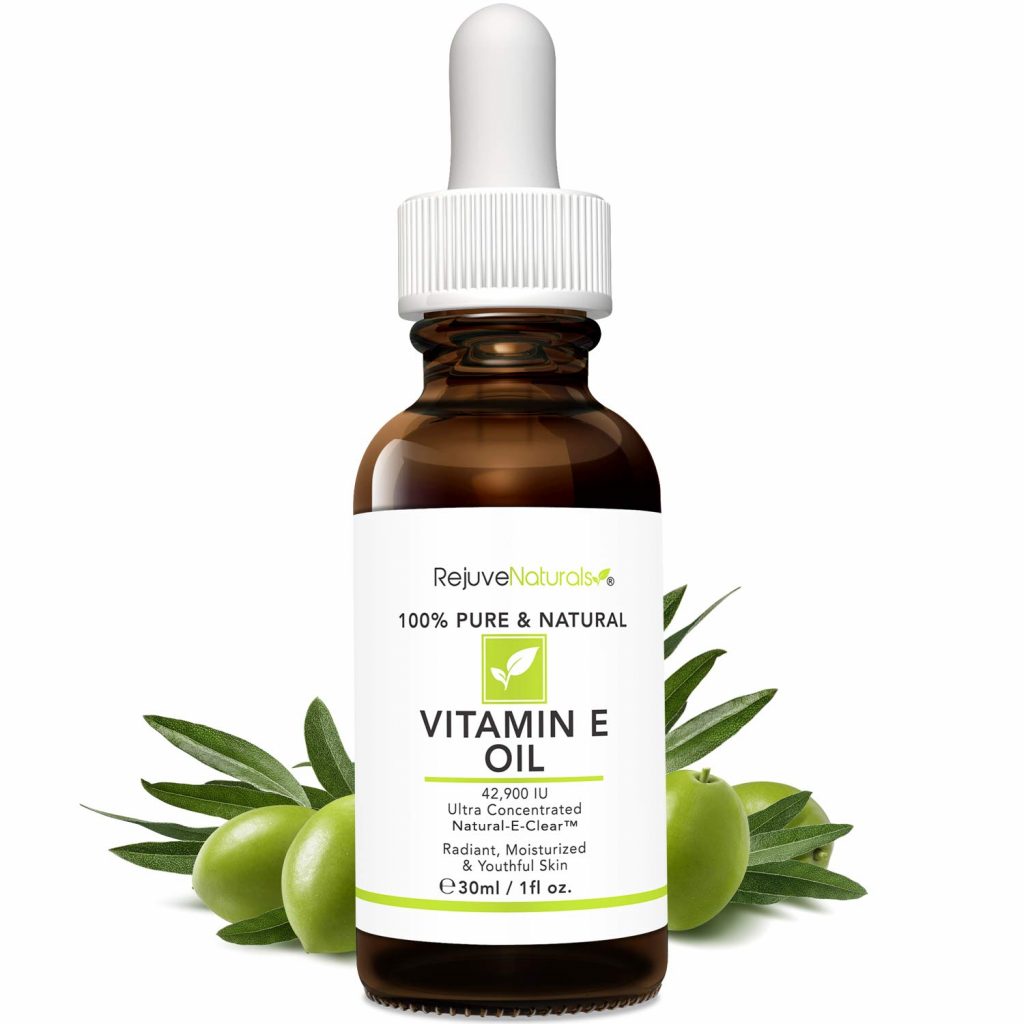
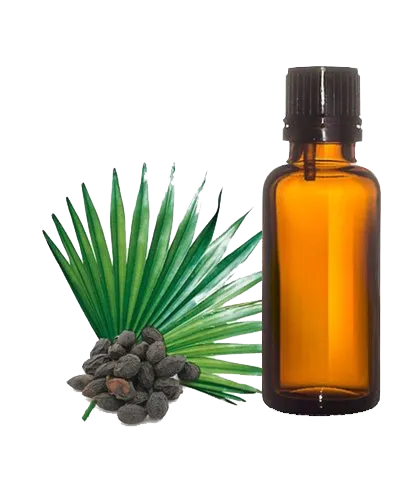
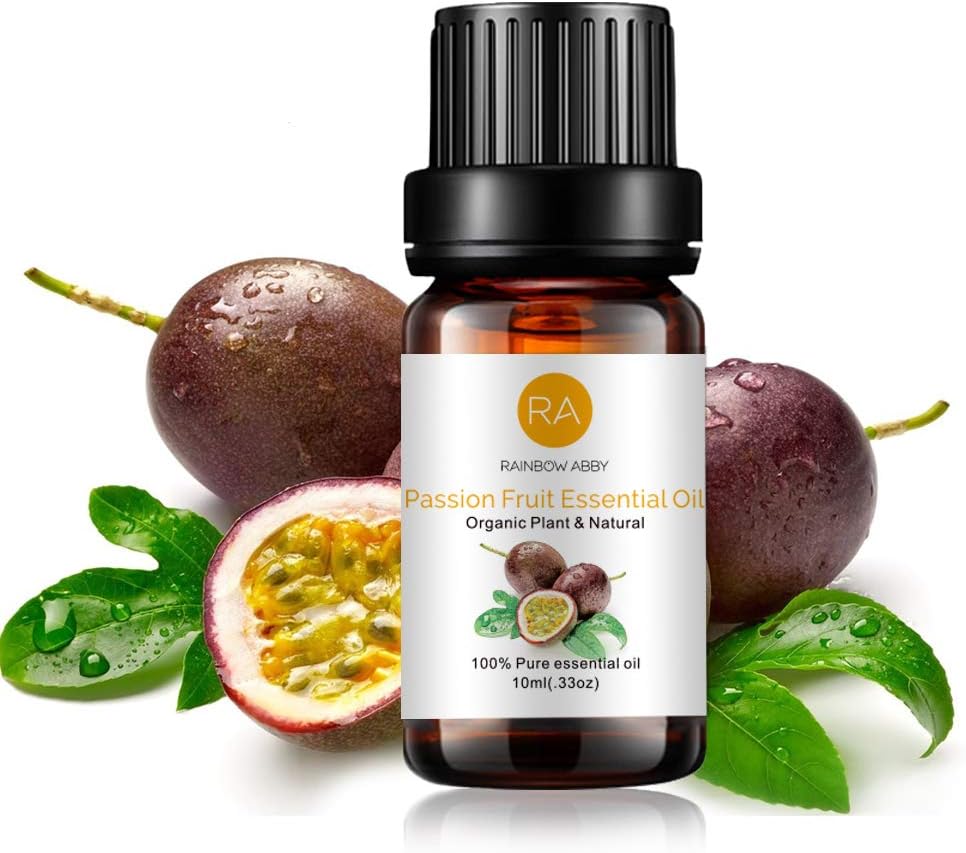




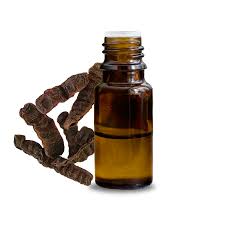
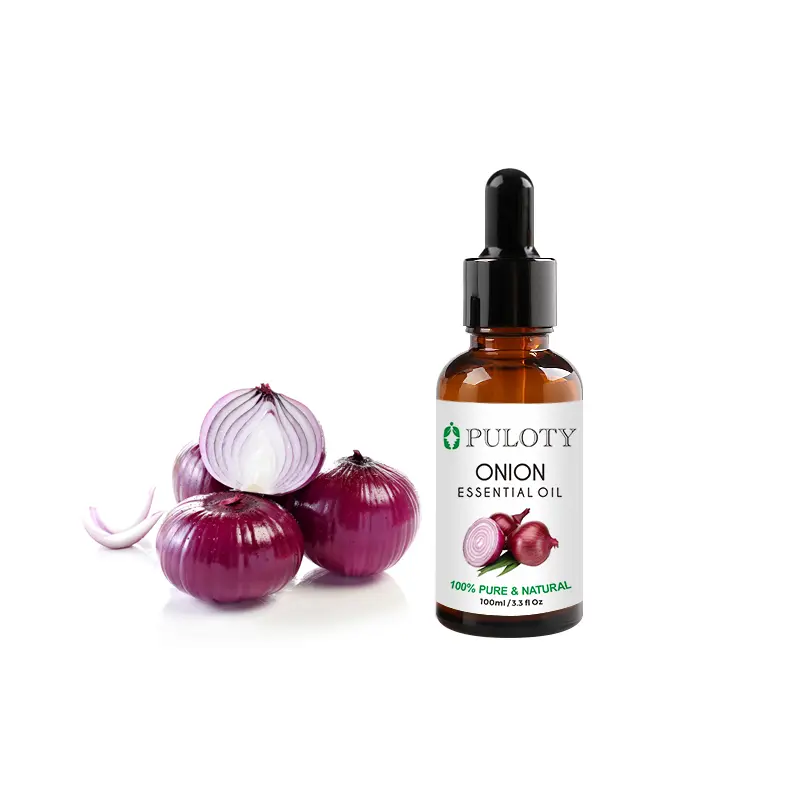
24394239.png)






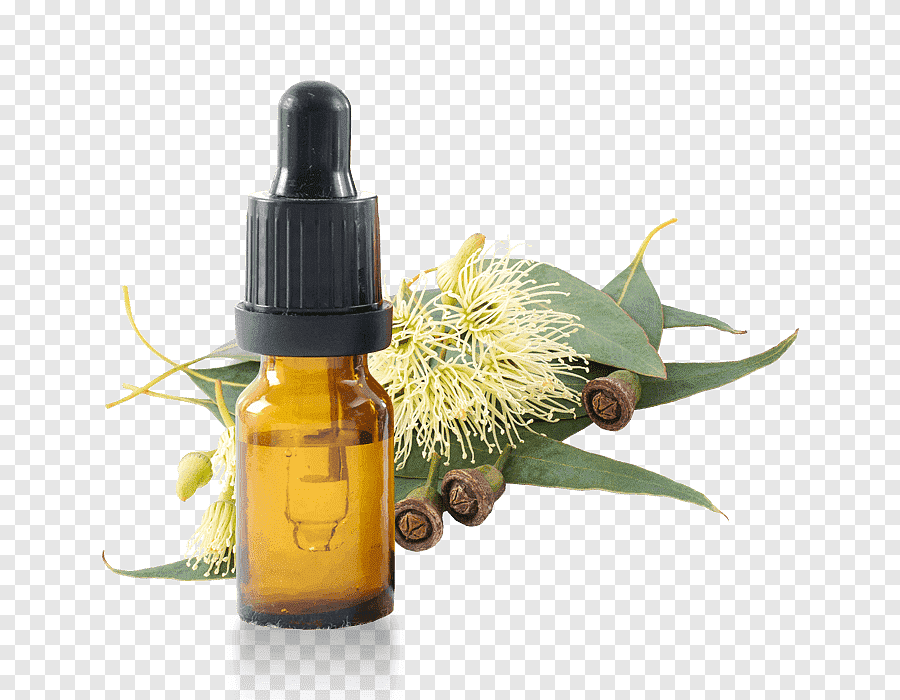

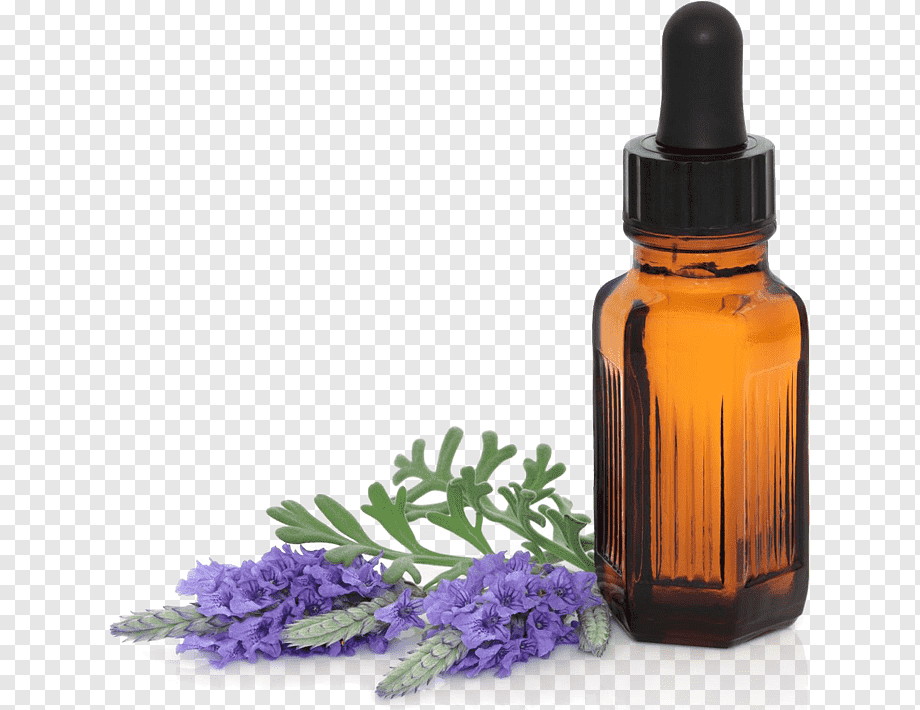

22354205.jpg) Lower
Lower abc
abc wellness
wellness Hair Fall
Hair Fall Skin Care
Skin Care Sensuality
Sensuality Carry
Carry Hair oil
Hair oil Gray to Black
Gray to Black Hair Growth
Hair Growth Sexual Wellness & Sensuality
Sexual Wellness & Sensuality NFC
NFC Lavender
Lavender Health Related Issues
Health Related Issues Natural Herbs
Natural Herbs Immunity
Immunity Joints Pain
Joints Pain Diabetic Issues
Diabetic Issues Skin,Fever,Cancer
Skin,Fever,Cancer Heart Related Issues
Heart Related Issues
Customer questions & answers
Customer reviews
4.8 out of 5